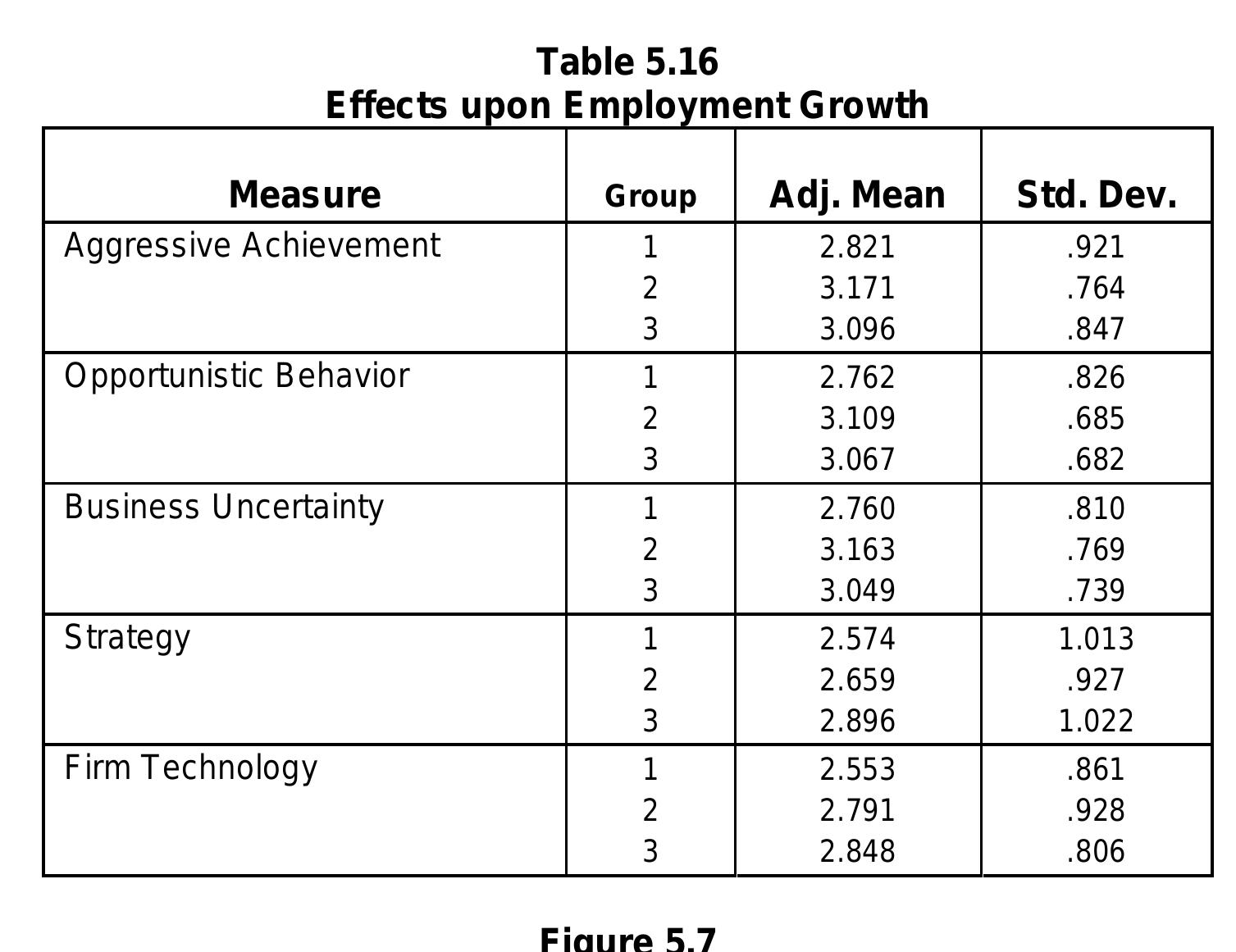Entrepreneurial dimensions: the relationship of individual, venture, and environmental factors to success (original) (raw)
Abstract
by EMERIC SOLYMOSSY Entrepreneurship, a complex phenomenon, exhibits a rich history of theoretical contributions, but lacks a unifying theory. This research operationalizes a multidimensional framework for exploring the complexities of entrepreneurship based upon the integration of diverse disciplinary perspectives. Expanding upon Lumpkin and Dess= (1996) contingency framework, entrepreneurship is modeled as an economic phenomenon, with elements for the individual, the firm, and the environment, each of which influence success. The individual element expands upon and refines Robinson (1989) and Shanthakumar=s (1992) entrepreneurial attitudinal orientation (EAO) framework, assessing attitudinal and behavioral orientations in ten dimensions. The element of the firm integrates theoretical contributions from the fields of economics, strategy, and entrepreneurship to assess firm specific characteristics in four aspects: competitive attitude, strategic orientation, level of technology, and the utilization of networks for information exchange. Environmental influences are assessed in four dimensions: turbulence, hostility, complexity, and munificence. Success is found to have two distinct dimensions: economic success and the entrepreneur=s satisfaction. Empirical data from 370 entrepreneurs is analyzed by a combination of MANOVA analyses and linear structural equation modeling. Different individual and firm profiles iii are manifested for the different levels of success in each of its dimensions. Economic success is affected by uniquely different combinations than is success in terms of satisfaction. Furthermore, the relationships between individual attitudinal orientations and economic success display non-monotonic patterns. Individual=s attitudes have twice the effect upon the economic success of the venture as do the firm=s characteristics. Conversely, the firm=s characteristics have twice the influence upon the satisfaction of the entrepreneur as do the individual=s attitudes. Environmental influences are found to have little effect. While tentative due to the homogeneity of the sample, environmental generosity appears to benefit the individual, not the firm. This research contributes to entrepreneurship theory by integrating and operationalizing diverse disciplinary perspectives into a multidimensional framework, and by then analyzing it with methodological rigor. Implications are discussed, and suggestions are presented for future research to refine the framework by applying it to multi-environment / multi-country research. iv ACKNOWLEDGMENTS
Figures (49)
We hereby approve the thesis/dissertation of *We also certify that written approval has been obtained for any proprietary material contained therein.
framework, and its principal dimensions is graphically presented as Figure 2.1 income and satisfaction for the entrepreneurial individual. The resulting mode
Data examination
Success Model (Split into Economic /Non-Economic Success) Table 5.3
The 7 factor solution is marginally acceptable on some of the evaluation criteria. Comparison of Competing EAO Models Table 5.6
As demonstrated by the model evaluation summary (Table 5.10, page 122), the disparity, and join each other into a singular dimension of the strategy of the firm.
The munificence dimension does not demonstrate a meaningful effect upon the Comparison of Competing Environmental Influence Models Table 5.11
Sew Ee Ee e Comparison of Competing Environmental Influence Models
problematic (e.g. Employment trend category 2 has n’46) (Hair etal., pp. 278).
This data suggests that within the individual attitudinal element, optimum sales
correspondingly increasing as income increases, Table 5.15). ontrol, and tolerance for business uncertainty (See adjusted mean values
ggressive achievement orientation (See Figure 5.7).
Differences observable on the composite economic success measure, while
The composite image of the more satisfied entrepreneurs is in contrast to the generosity of the environment (see Table 5.13, page 138).
(* =one-tailed significance, p 0.05, ** =one tailed significance, p 0.01)
‘ithin this model, individual attitudinal orientation and firm specific characteristics are related to each other (correlation of 0.319), and have unique effects decision thresholds.
(* =one-tailed significance, p 0.05, ** =one tailed significance, p 0.01) influences was therefore defined and submitted to path analysis (Figure 5.10).
Again, all of the paths are statistically significant, and the greatest influence upon
Comparison of Mediating versus Antecedent Environmental Influence Models The output from each model is summarized in a by identifying the levels of Table 5.21
Within the antecedent model (Table 5.23), the environment displays low
Significant Coefficients for Antecedent Model Likewise, an increase in munificence exhibits a slightly positive effect upon the
PUNE Wie Correlations Between EAO, Networking & Technology
the measures of the firm (see Table 5.25). be explored by looking at the correlations between the measures of the individual and relationships with the firm’s characteristics. Higher levels of networking correspond to
In the following section, we are interested in your personal perception and opinion about your business in general (as opposed to personally,
In terms of the extemal environment within which your business unit functions, please characterize your perception of the environment (circle a number on the following scales, from 1 to 5: the range of meanings are provided on both ends of each scale)
Removing the non-significant variables results in the overall model being statistically significant, without affecting the significance or power level of the individual variables

Loading Preview
Sorry, preview is currently unavailable. You can download the paper by clicking the button above.
















































